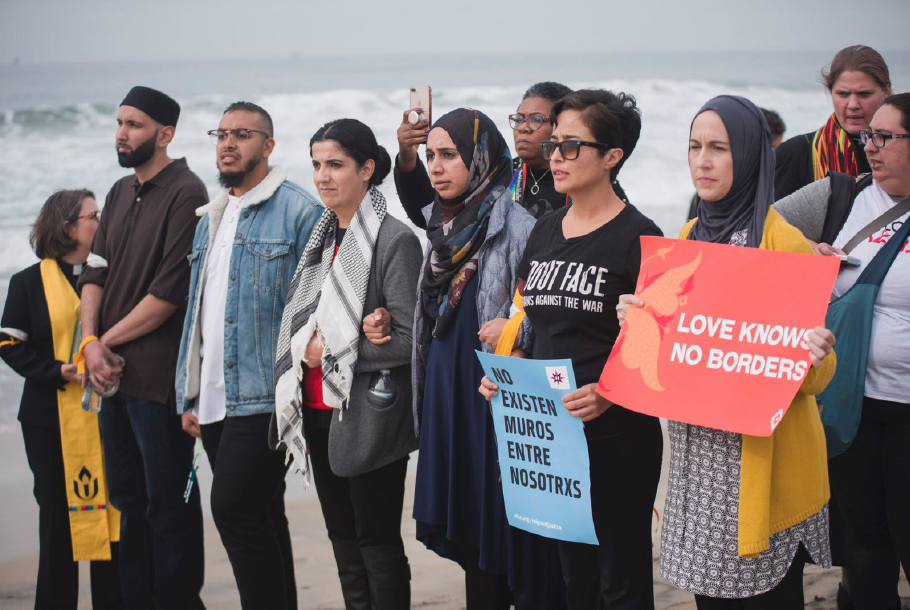President’s Circle Virtual Happy Hour
“Veterans for Peace” with Michael Messner
As members of the President’s Circle, Founders’ Society, and Legacy Circle, you are cordially invited to attend a Virtual Happy Hour with President Michael F. Brown and 2016 Ethel-Jane Westfeldt Bunting Summer Scholar Michael Messner. Messner will discuss his latest book, Unconventional Combat: Intersectional Action in the Veterans’ Peace Movement.
Unconventional Combat illuminates the current generational transformation of the U.S. veterans’ peace movement, from one grounded mostly in the experiences of older, White men of the Vietnam War era, to one increasingly driven by a younger and much more diverse cohort of “Post 9/11” veterans. Participant observation with two organizations (Veterans For Peace, and About Face) and interviews with older men veterans form the backdrop for the book’s main focus, life-history interviews with six younger veterans—all people of color, four of them women, one a Native Two-Spirit person, four of whom identify as queer.
The book traces these veterans’ experiences of sexual and gender harassment, sexual assault, racist and homophobic abuse during their military service (some of it in combat zones), centering on their collective “situated knowledge” of intersecting oppressions. As veterans, this knowledge shapes their intersectional praxis, which promises to transform the veterans’ peace movement, and also holds the potential to provide a connective language through which veterans’ anti-militarism work organically links them with movement groups working on racial justice, stopping gender and sexual violence, addressing climate change, and building national and international anti-colonial coalitions.
This promise is sometimes thwarted by older veterans, whose activism includes a commitment to “diversity” that often falls short of creating and maintaining organizational space for full inclusion of previously marginalized “others.” Intersectionality has increasingly become the analytic coin of today’s emergent movement field, and the connective tissue of a growing coalitional politics. The younger, diverse group of veterans I focus on in this book are part of this larger shift in the social movement ecology, and they contribute a critical understanding of war and militarism to progressive coalitions. Learn more: michaelmessner.org.
This event is free and open to members of the President’s Circle, Founders’ Society, and Legacy Circle. Please RSVP to Lindsay Archuleta at archuleta@sarsf.org and she will send you the instructions to join via Zoom. Space is limited, so please reserve your spot today.

Michael Messner, 2016 Summer Scholar
Michael Messner is a professor of Sociology and Gender Studies at the University of Southern California. Messner has taught sociology and gender studies courses since 1976—for the first decade at four community colleges, an Air Force base, three California State Universities, and a maximum security prison—and settled into his position in the sociology department and gender studies program at the University of Southern California in 1987.
Messner’s teaching and research were sparked and continue to be animated by the movements for social justice that erupted in the 1960s, 1970s and beyond, especially feminism. The women’s movement shook up the world, disrupted taken-for-granted assumptions about nature, difference, and inequality, and ultimately raised “the man question.” He was in on the ground floor of a first generation of scholars who studied men’s lives within an emergent interdisciplinary field—women’s and gender studies—and a vibrant sub-field within sociology.
In the broadest sense, Messner’s research asks how social relations of gender have changed over the past forty years, and probes the ways in which the strains and tensions of the current historical moment both prevent and make possible future progressive change. There are many potential sites where one might study these big questions. His research has fallen into four general categories: (1) gender and sport; (2) sports media; (3) men, feminism and politics; (4) war and peace.
